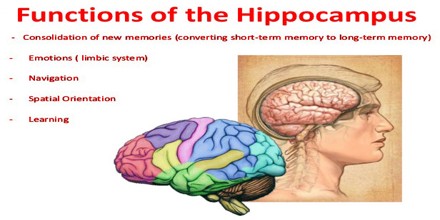Slow And Steady Wins The Race
www.visuallearningresources.com Have you ever heard of Aesop’s fable, “The Tortoise and the Hare”? The Tortoise wins the race even though the Hare is much faster. It is all in the strategy. https://www.youtube.com/watch?v=GfsGU4L7iTw The moral of this story is to...
Read More